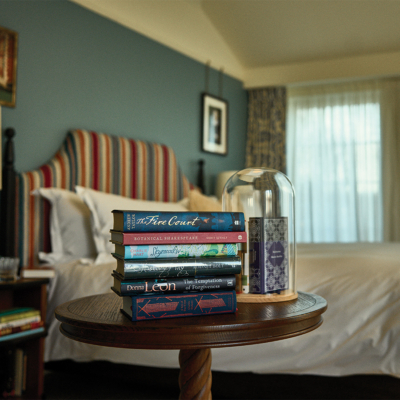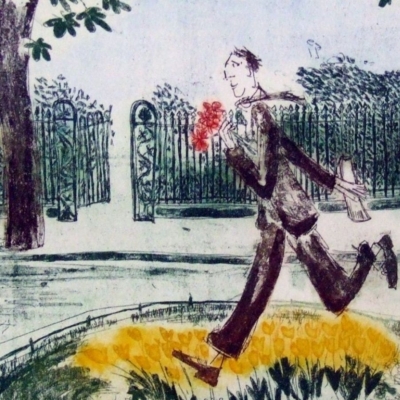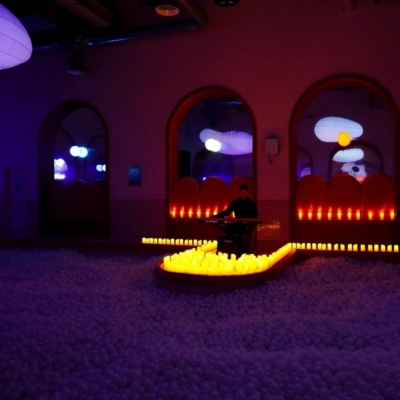You’re doing great … working from home with small children is no picnic …
With even less freedom to move around since new restrictions were announced on Friday night, maintaining sanity at home is a question of sticking to a routine …
Set up a daily structure
Childcare professionals’ advice is that routine is vitally important when it comes to maintaining happy children. If your children’s day starts at 8.30am in crèche or school, try to start their home care at the same time. If your children are used to breaks at certain times, make sure to build those into your day. As we all know, children’s attention spans are much shorter than ours, so exercise and snack breaks are important to schedule in, for both the child and the parent. Try to finish up your home crèche or school at the same time as their regular day. Set an alarm, so everyone knows that it’s family time. The alarm doesn’t have to be the sound of a school bell ringing, it could be one of your children’s favourite songs instead.
Have a designated space for mess
The length of time that we will be working and schooling at home is unknown and therefore it is recommended to designate a school/crèche area in your home if possible. Children need space to play and that play can often be messy so it might be wise to make the kitchen your home childcare centre. Paint, glitter, Lego, dolls and toys can easily take over the house. Children are used to being in the same room for the day, whether in crèche or school, so keeping the home childcare space consistent will help with their sense of routine. Be mindful of your child’s attention span; they may only stay with an activity for 10 or 20 minutes depending on their age. Match the work or house task you are setting yourself; if you have something that needs your focus, leave that until everyone is in bed.
Activities
One aspect of a Montessori classroom that can be easily adapted to home childcare are practical life exercises, for example hand washing and cleaning toys. Young children thrive on repetition so expect that they’ll do the same activity over and over again, from polishing an ornament, moving clothes pegs from one bowl to another, or dividing them between different-sized containers. All these exercises help with hand eye co-ordination, developing pincer grip and building concentration.
Physical
Physical exercise is a vital part of the day, and in fact, it should happen multiple times a day. Don’t worry, we’re talking about short bursts not half hour workouts! Having a simple one-minute ‘stretch and shake’ session first thing in the morning can be a great signal that school time is starting. If children get restless, it can be a good way to re-centre everyone throughout the day too. Aside from one-minute wiggles, there are lots of activities you can do at home. Old favourites like having an egg and spoon race can help with balance and concentration and can double up as a cooking class if you let your child help when you’re boiling the eggs. If you have space outside you could set up a racetrack or obstacle course in the garden to make things a bit more interesting and hold their attention for longer. If children’s yoga is more your speed there are lots of great tutorials online to follow. This might not work quite as well for younger children as their attention span is shorter, but you can always pick and choose the parts that work for your child. Some simple breathing and stretching should be manageable for even the youngest toddlers.
Setting up a strong routine early on will make it easier for everyone to adapt to their temporary normal.
Sensorial
Use what you have in the kitchen to make your own tasting game. Pick a number of different tastes and fashion a blindfold so your child has to use their tastebuds to figure out what each ingredient is. Another game that you can use your blindfold for is making a mystery bag full of small objects. Take a bag and add a number of small objects that feel interesting e.g. a toy car, a piece of Lego, a small stuffed toy, a small ball, a crayon etc. The child wears their blindfold while they put their hand into the bag and try to guess what each object is, just by using their sense of touch. You can change the objects after a few goes to keep your child’s interest but let them know that you’ve changed things and there’s something new in the bag.
Maths
There will be some nice opportunities for real life maths. You could start teaching your child about grocery shopping and how to make a shopping list. If your child has a particular snack that they love you can talk about how many you’ll need for a week at home. Use objects you have at home to do some basic maths exercises. For younger children, sorting is a great way to introduce fundamentals like big and small e.g. take a box of buttons or Lego pieces and sort them by colour, see which is the biggest pile, which is the smallest pile, and practise simple addition of putting all the blues with all of the yellows etc.
Arts & Crafts
Arts and crafts can be messy, but children love them. Let your children play freely with paper/markers/paints/pencils. Encourage your children to design their own birthday/Easter cards for their friends and other family members.
Manage your Child’s Emotions
We’re living in strange times and our children are sure to pick up on the oddness of being at home so much. Little ears hear a lot more than we sometimes realise and can come up with all kinds of ideas or explanations for what’s going on. It’s important to talk to them and reassure them that they are safe, that they are being looked after and that things will be okay. Some Montessori classes have ‘daily circle time’ where everyone sits together and checks in. This is a great idea so children can have an opportunity to say if they’re worried about anything and you can address it in a way that’s appropriate to them. This can be a great time to introduce positive affirmations or mindfulness techniques to help monitor and manage emotions, especially if you have a child who’s prone to worrying.
We know that these are challenging days and we have more of the same ahead but setting up a strong routine early on will make it easier for everyone to adapt to their temporary normal. If we can take something positive from this, we can see it as a unique opportunity to bond with our children. It’s a chance to teach them resilience and to show them how to think of others in difficult times.
Serviced offices and co-working spaces company Glandore provided these useful tips.
LOVETHEGLOSS.IE?
Sign up to our MAILING LIST now for a roundup of the latest fashion, beauty, interiors and entertaining news from THE GLOSS MAGAZINE’s daily dispatches.









